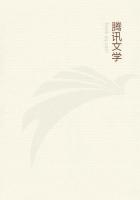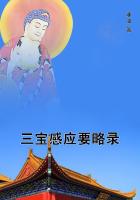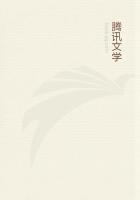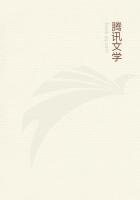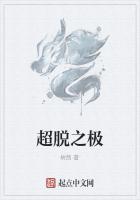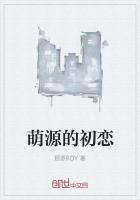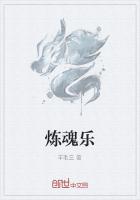Navarrete and Ticknor both incline to the belief that Cervantes knew who he was; but I must say I think the anger he shows suggests an invisible assailant; it is like the irritation of a man stung by a mosquito in the dark. Cervantes from certain solecisms of language pronounces him to be an Aragonese, and Pellicer, an Aragonese himself, supports this view and believes him, moreover, to have been an ecclesiastic, a Dominican probably.
Any merit Avellaneda has is reflected from Cervantes, and he is too dull to reflect much. "Dull and dirty" will always be, I imagine, the verdict of the vast majority of unprejudiced readers.
He is, at best, a poor plagiarist; all he can do is to follow slavishly the lead given him by Cervantes; his only humour lies in ****** Don Quixote take inns for castles and fancy himself some legendary or historical personage, and Sancho mistake words, invert proverbs, and display his gluttony; all through he shows a proclivity to coarseness and dirt, and he has contrived to introduce two tales filthier than anything by the sixteenth century novellieri and without their sprightliness.
But whatever Avellaneda and his book may be, we must not forget the debt we owe them. But for them, there can be no doubt, "Don Quixote" would have come to us a mere torso instead of a complete work. Even if Cervantes had finished the volume he had in hand, most assuredly he would have left off with a promise of a Third Part, giving the further adventures of Don Quixote and humours of Sancho Panza as shepherds. It is plain that he had at one time an intention of dealing with the pastoral romances as he had dealt with the books of chivalry, and but for Avellaneda he would have tried to carry it out. But it is more likely that, with his plans, and projects, and hopefulness, the volume would have remained unfinished till his death, and that we should have never made the acquaintance of the Duke and Duchess, or gone with Sancho to Barataria.
From the moment the book came into his hands he seems to have been haunted by the fear that there might be more Avellanedas in the field, and putting everything else aside, he set himself to finish off his task and protect Don Quixote in the only way he could, by killing him.
The conclusion is no doubt a hasty and in some places clumsy piece of work and the frequent repetition of the scolding administered to Avellaneda becomes in the end rather wearisome; but it is, at any rate, a conclusion and for that we must thank Avellaneda.
The new volume was ready for the press in February, but was not printed till the very end of 1615, and during the interval Cervantes put together the comedies and interludes he had written within the last few years, and, as he adds plaintively, found no demand for among the managers, and published them with a preface, worth the book it introduces tenfold, in which he gives an account of the early Spanish stage, and of his own attempts as a dramatist. It is needless to say they were put forward by Cervantes in all good faith and full confidence in their merits. The reader, however, was not to suppose they were his last word or final effort in the drama, for he had in hand a comedy called "Engano a los ojos," about which, if he mistook not, there would be no question.
Of this dramatic masterpiece the world has no opportunity of judging; his health had been failing for some time, and he died, apparently of dropsy, on the 23rd of April, 1616, the day on which England lost Shakespeare, nominally at least, for the English calendar had not yet been reformed. He died as he had lived, accepting his lot bravely and cheerfully.
Was it an unhappy life, that of Cervantes? His biographers all tell us that it was; but I must say I doubt it. It was a hard life, a life of poverty, of incessant struggle, of toil ill paid, of disappointment, but Cervantes carried within himself the antidote to all these evils. His was not one of those light natures that rise above adversity merely by virtue of their own buoyancy; it was in the fortitude of a high spirit that he was proof against it. It is impossible to conceive Cervantes giving way to despondency or prostrated by dejection. As for poverty, it was with him a thing to be laughed over, and the only sigh he ever allows to escape him is when he says, "Happy he to whom Heaven has given a piece of bread for which he is not bound to give thanks to any but Heaven itself." Add to all this his vital energy and mental activity, his restless invention and his sanguine temperament, and there will be reason enough to doubt whether his could have been a very unhappy life. He who could take Cervantes' distresses together with his apparatus for enduring them would not make so bad a bargain, perhaps, as far as happiness in life is concerned.


